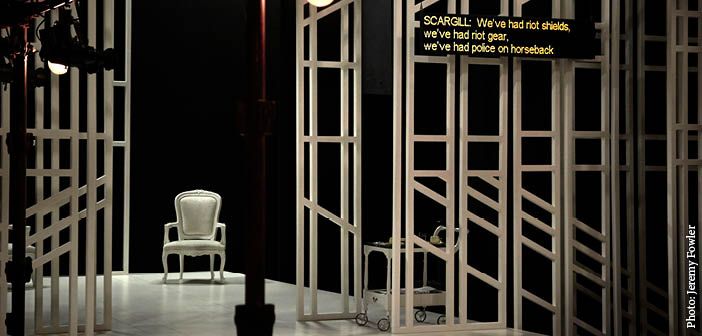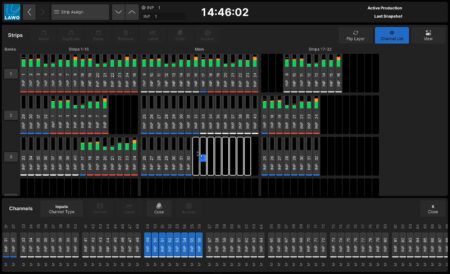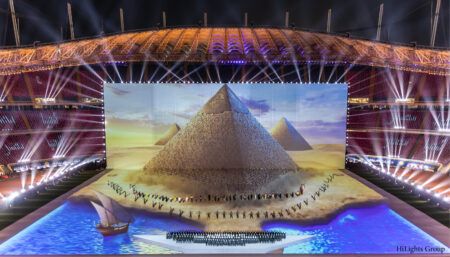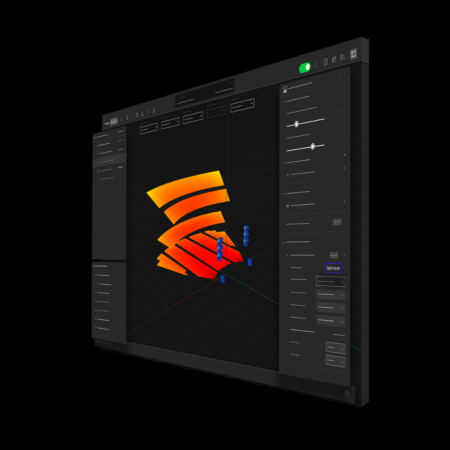Stagetext, a registered charity that provides captioning and live subtitling in theatres and cultural venues, has called for venues and performers to remember the needs of people with hearing loss, in the context of COVID-19 lockdowns.
The charity is concerned about the disproportionate impact the lockdown will have on d/Deaf, deafened and hard of hearing people. It follows official figures released in July 2020 by the UK’s Office for National Statistics, which showed people with a hearing impairment were 45% more likely to have reported feeling lonely.
Stagetext has seen an increase in demand for live captioned performances online since the first UK lockdown. In April 2020 it provided the subtitling for The Phantom of the Opera, and 2.5 million watched using Stagetext’s subtitles (12.8 million in total watched the performance). Nearly one in five (18%) of UK adults have hearing loss, yet fewer than 1% are fluent in British Sign Language.
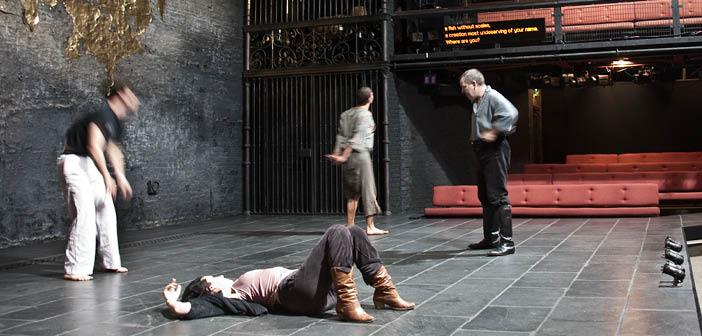
Ann Jillings from Lowestoft, UK, whose teenage son is deaf, said the captioning of shows during the pandemic has enabled her family to enjoy online shows together. “My son Daniel is deaf and we have really appreciated the captioning of shows streamed online during the pandemic,” she said. “During what is already a challenging time for so many of us, it’s really important we can come together as a family during lockdown to watch some of the great performances and exhibitions on offer.”
“We are fortunate enough in the UK to have some of the best theatres, museums and galleries in the world,” said Melanie Sharpe, chief executive of Stagetext. “We take for granted that most of us are able to enjoy incredible performances and exhibitions, even during a lockdown. For the 12 million in the UK who are hard of hearing, it’s not so easy, and we’ve got to do all we can to include them during these challenging times. People who are Deaf or with hearing loss are more likely to experience loneliness than non-disabled people, and access to the arts has been proven to improve mental wellbeing.”
The call comes as Stagetext celebrates its sixth annual Captioning Awareness Week (9-15 November 2020), which is supported by theatres, museums and galleries in the UK. The campaign highlights the importance of access to the arts for d/Deaf, deafened and hard of hearing audiences, at a time when performances and exhibitions are being accessed online more than ever before.
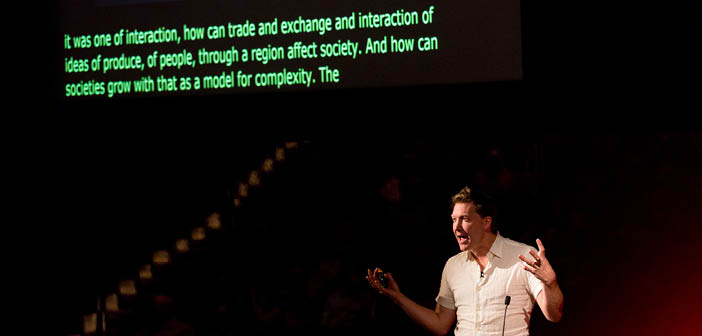
Highlights during Captioning Awareness Week include a live subtitled performance of Olivier Award winning play Emilia and a number of renowned shows under the banner of The Shows Must Go On. Live captioned lectures and discussions are also being organised by the British Library, the British Academy and the Royal Society.
Stagetext is celebrating its 20th anniversary this year and has seen huge improvements in access to the arts for d/Deaf, deafened and hard of hearing people during that time. The charity is concerned that this could go under the radar once venues re-open, as the arts sector fights for its future.
“We are losing expertise in the arts due to the pandemic,” said Sharpe. “I am concerned that once venues re-open the role of access will just be added to another existing job role. The very people who are being advised to consider retraining are the same ones who understand the needs of deaf audiences and know how to ensure their venues are accessible. We must do all we can as a sector to continue providing access for those who would otherwise be excluded. These audiences and the freelancers that venues rely upon are crucial in the road to recovery for UK arts and culture.”
Stagetext was founded in 2000 by three d/Deaf theatregoers. Frustrated by the lack of access to theatre performances, they discovered captioning technology being used on Broadway and set up Stagetext to introduce the service in the UK. Technical breakthroughs have enabled Stagetext to provide live subtitles on handheld tablets for tours in museums and in non-traditional outdoor spaces, as well as establishing a Digital department to subtitle filmed theatre productions, such as the NT at Home series, and a range of digital theatre productions.


